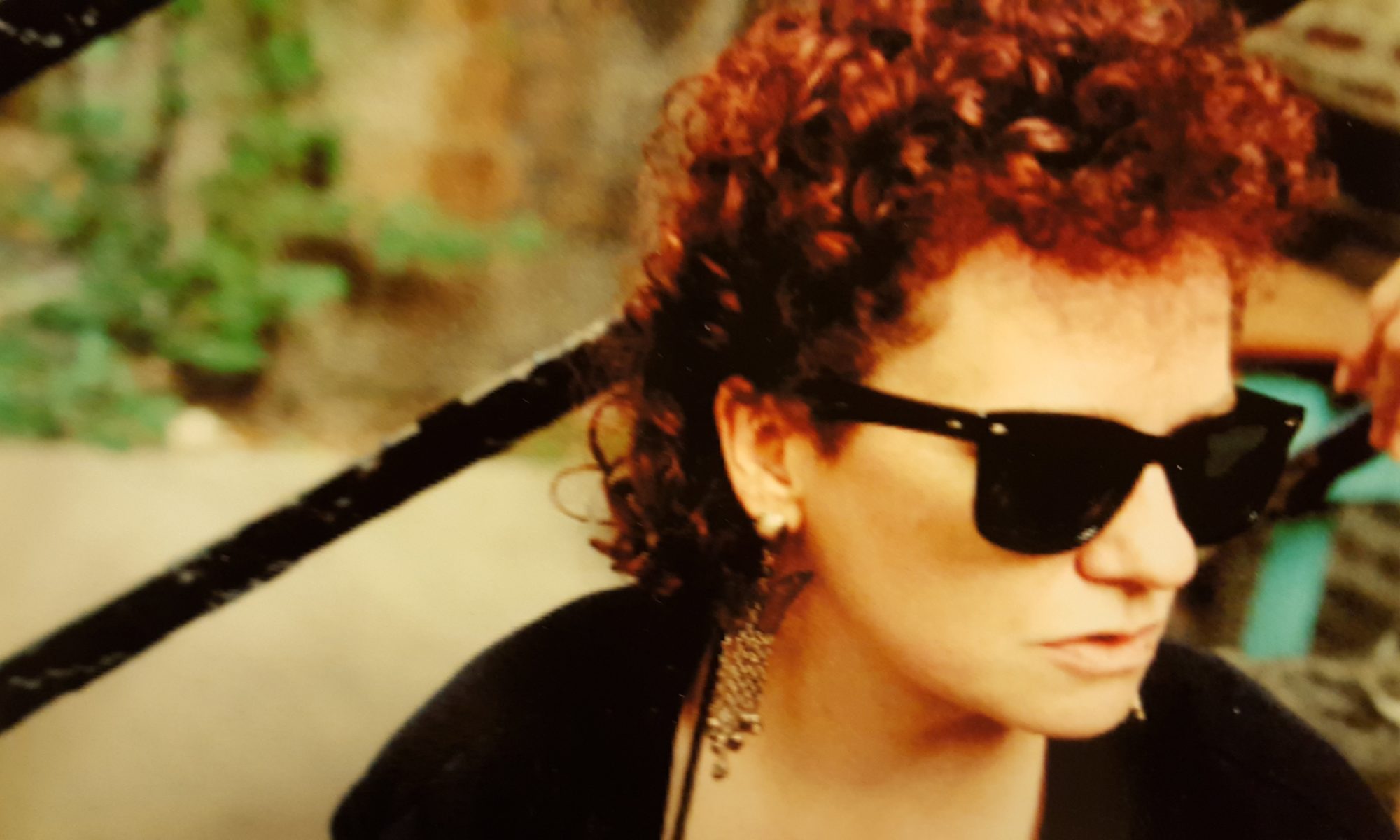How can I possibly tell you what Bread Loaf Writers’ Conference last August was like? First, for those who’ve never heard of it, learning to bake bread it wasn’t. Bread Loaf is the oldest and most prestigious of writers’ conferences in USA, an iconic place that accepts writers by virtue of their applications and writing samples. For decades I’d heard people talk about it in the hushed tones of devout worshipers. Recently I saw a stat that only 17% of applicants are chosen. I was thrilled to be accepted.
First, old friends from college drove me to the mountains in Vermont, a fabulous ride through green hills and wondrous vistas, with good conversation.


Once there, I found that my room happened to be at the Inn, which is the heart of the campus. I only had to go downstairs to eat, whereas many of the two hundred or so participants stayed at cottages scattered around the estate. At dinner that first day, I realized that, for each of three meals a day, I’d be finding a seat at some table of six or eight or twelve strangers. A nightmare for solitary introverted writers. However, it turned out, that writers have a gift for telling stories and even asking others about themselves.

After breakfast on day one of the conference I went to the daily 9am lecture. These astonishing hour-long talks were full of insights into the process and craft of writing as seen is fiction, poetry and non-fiction. The excerpts chosen by readers and lectures were so powerful and emotional I often found myself in tears. I had a craft class with Christopher Castellani who talked about minimalism vs maximilism, through stories on AIDS crises, like Susan Sontag’s The Way We Live Now, from 1986. So painful to hear, I was crying again. Ravi Howard gave a craft class on musicality and time frames in fiction. In an inadvertent comic illustration of his thesis on time, he timed us in a three-minute exercise, first by eyeing his watch, then by staring up at the large, no-where-near-the correct-time clock on the wall for its thirty second hand ticking by.
The rock star of poetry, Jericho Brown, gave voice to a moving powerful sense of Black life, which including singing, Lift Every Voice and Sing. Pulitzer Prize winning poet Yusef Komunyakaa gave a reading that rightfully garnered a standing ovation.


Each day was filled with the chance to talk to agents, publishers and well-known writers, as well as my fellow participants, who often had published books. I had conversations, short and long, with Emily Nemens, new editor of The Paris Review; Kevin Young, poet who is also the new Director of the Schomburg Center for Research in Black Culture and Poetry Editor of the New Yorker; and Matthew Lansburg, who won the 2017 Iowa Short Fiction Award; Henry Dunow of Dunow, Carlson & Lerner Literary Agency; and Malaga Baldi of Malaga Baldi Literary Agency.
For the workshop led by Maud Casey, ten of us sent in our work before the conference so we’d already read each other’s short stories. In the five meetings, we critiqued two stories each, proceeding alphabetically, so mine was dead last on the last day of the conference. The stories were all well-written and charged with emotions. The criticisms were on the money, sensitive and getting to the heart of the piece. Maud Casey created an atmosphere with her own clear and insightful look into each of our stories that allowed the group to find the most useful and creative criticisms. Recently I read Maud Casey’s most recent novel The Man Who Walked Away. This meditative work on searching for those feelings and situations at the center of one’s psyche, takes place in a very concrete asylum in 19th century France. The bicycle-riding doctor wants to help a young man who can’t stop walking in a fugue state. Maud Casey teaches in the MFA Program at the University of Maryland. She also delivered a powerful lecture Hello, Darkness, My Old Friend: The Sound of Silence in Fiction. Not only did her words keep resounding in my head, but they kept me humming. And I’d hear others singing Simon and Garfunkle’s words in empty halls and bathroom stalls.
When I needed a respite, I could walk along the road behind the Barn through the woods for exercise and solitary joy. And I often needed a break. I can’t seem to find words to express the excitement of being picked up from my home in Lower East Side of Manhattan and plunked down in the mountains with 250 writers. There, in the midst of the wonders of nature, I was swirled and twirled, bumped, twisted, and juked, to a galaxy of wild and emotive language, vibrant ideas, crazy humor, and huge personalities. Non-stop for ten days! I didn’t think I’d make it through, but when it was time to leave, I found myself saying, yes, I want to return.
With its crammed daily schedule of lectures, craft classes, workshops, panels, and readings, the conference turned out to be a mashup of camping in small cottages with 250 strangers and of a semester of grad school jammed into ten days. But no exams. An insane thing to do, but a miracle.

